Where the Time Goes by Jeffrey E. Barlough
 Where the Time Goes
Where the Time Goes
by Jeffrey E. Barlough
Gresham & Doyle (337 pages, $14.95 trade paperback, October 2016)
If you’ve been looking to jump into Jeffrey Barlough’s Western Lights series, his ninth and latest installment makes a good diving board. The books are set in a post-apocalyptic alternate history where woolly mammoths and monsters from Greek and Etruscan legend rub elbows with ghosts, spirits, and worse, but Where the Time Goes adds a third genre to the cake batter: time travel.
Philip Earnscliff, a junior partner in the firm Bagwash and Bladdergowl, has been summoned to the country estate of the elderly Hugh Calendar to put Calendar’s affairs in order; Calendar has been in a coma for some weeks and appears unlikely to recover. The lawyer spends his hours paging through Calendar’s papers, gazing out the window at a neighboring estate called the Moorings — abandoned and ruined following an accident during Calendar’s youth — and taking nightmare-plagued naps. Earnscliff has no reason to think anything is amiss, at least not until he walks in upon Miss Carswell, Calendar’s young and attractive acquaintance, with a syringe full of sleeping elixir stuck between Calendar’s lips. Soon enough Earnscliff finds himself back in time, trying to repair the tragedies of the past while, as a side quest, solving the mystery of a local serial killer that strikes every six years.
It’s been a long strange trip for Barlough’s Western Lights since their 2000 debut, Dark Sleeper. The early books with Ace were sinister and Gothic, yet since moving to Gresham & Doyle they’ve generally trended toward cozy mysteries with supernatural elements. 2011’s A Tangle in Slops was more Midsummer Night’s comedy than horror; and the last two installments — What I Found at Hoole and The Cobbler of Ridingham — could have been written by the lovechild of Agatha Christie and M.R. James.

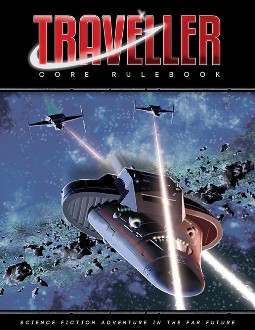
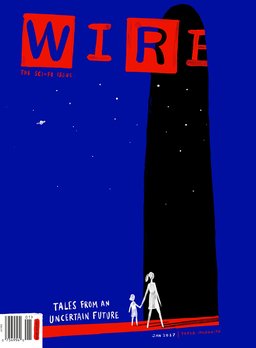
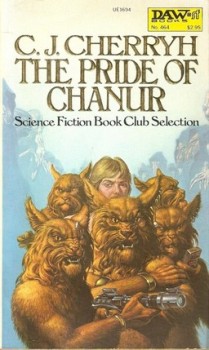
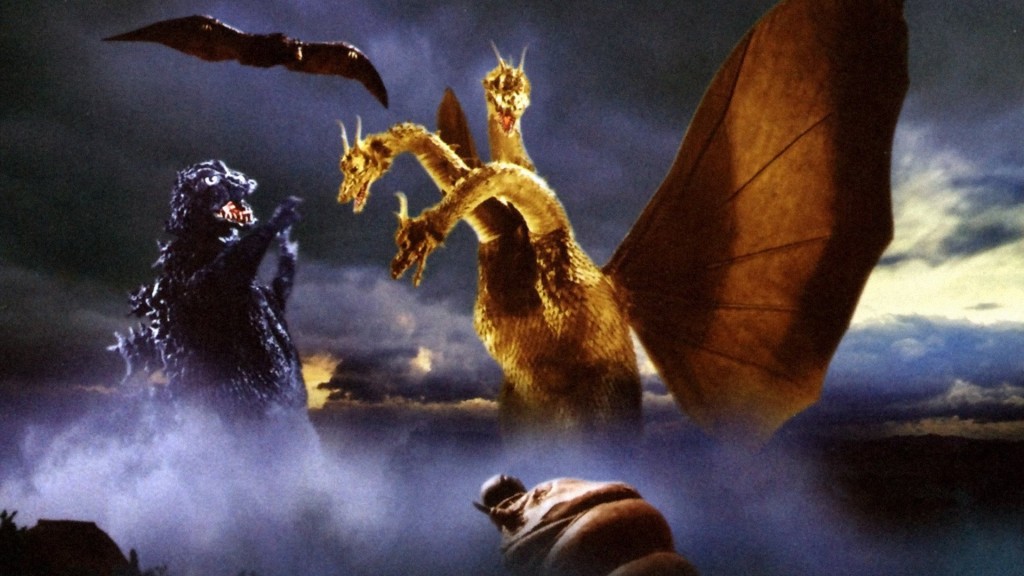




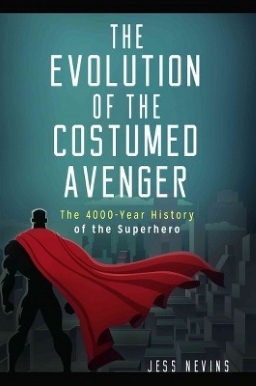 Though he’s written short stories and three self-published novels, Jess Nevins is likely best known as an excavator of fantastic fictions past: an archaeologist digging through the strata of the prose of bygone years, unearthing now pieces of story and now blackened ashes of some once-thriving genre long since consumed and built over by its lineal successor. Across annotated guides (three to Alan Moore and Kevin O’Neill’s League of Extraordinary Gentlemen, one to Bill Willingham and Mark Buckingham’s Fables) and self-published encyclopedias (of Pulps and of Golden Age Superheroes with Pulp Heroes soon to come, as well as 2005’s Monkeybrain-published Encyclopedia of Fantastic Victoriana) Nevins has reassembled old pieces of fantastika, indicating direct influences on modern writing and establishing directories of almost-forgotten story. He’s one of the people broadening the history of genre, in his books, and in articles such as
Though he’s written short stories and three self-published novels, Jess Nevins is likely best known as an excavator of fantastic fictions past: an archaeologist digging through the strata of the prose of bygone years, unearthing now pieces of story and now blackened ashes of some once-thriving genre long since consumed and built over by its lineal successor. Across annotated guides (three to Alan Moore and Kevin O’Neill’s League of Extraordinary Gentlemen, one to Bill Willingham and Mark Buckingham’s Fables) and self-published encyclopedias (of Pulps and of Golden Age Superheroes with Pulp Heroes soon to come, as well as 2005’s Monkeybrain-published Encyclopedia of Fantastic Victoriana) Nevins has reassembled old pieces of fantastika, indicating direct influences on modern writing and establishing directories of almost-forgotten story. He’s one of the people broadening the history of genre, in his books, and in articles such as